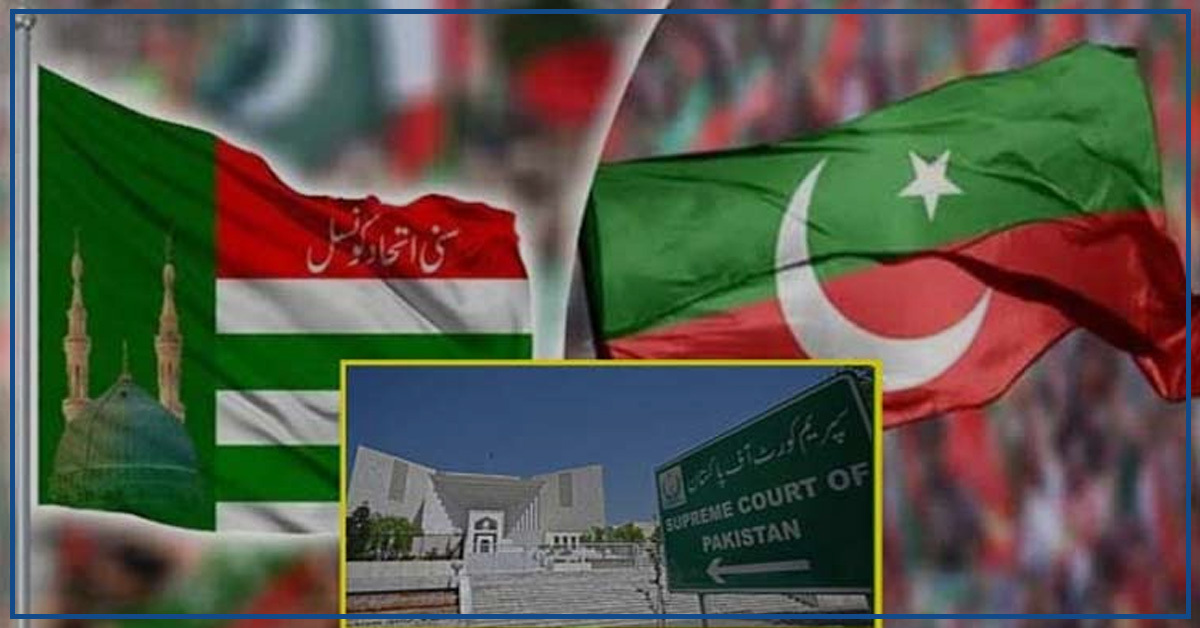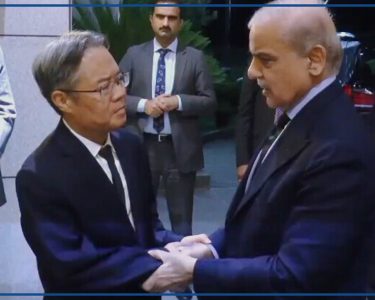The Election Commission of Pakistan (ECP) convened a crucial meeting on Thursday to discuss the Supreme Court’s recent verdict on the PTI’s eligibility for reserved seats. However, the meeting ended without a decision, with an official suggesting that further directions from the Supreme Court might be necessary.
The meeting, chaired by Chief Election Commissioner Sikandar Sultan Raja via video link, included ECP members and senior officials. The ECP’s legal team presented various legal aspects of the case. It was decided to hold another meeting today (Friday) to reach a conclusion.
The Supreme Court ruled, with a majority verdict of 8-5, that PTI is a parliamentary party eligible for reserved seats for women and non-Muslims in the National and Provincial Assemblies. This potentially makes PTI the largest party in both houses of parliament.
A senior ECP official stated that the notifications of 39 PTI MNAs were in order, but the documents of 41 other MNAs require detailed scrutiny. These independents must file signed and notarised statements within 15 days, confirming their affiliation with a particular political party during the February 8 general elections. The ECP will then notify the concerned political party for confirmation and publish a list of the returned candidates on its website.

The ECP official raised concerns about who to contact within PTI for verification, given the party’s lack of structure and unrecognized intra-party elections. This might necessitate seeking further directions from the Supreme Court.
Chief Election Commissioner Raja also met Lahore High Court (LHC) Chief Justice Aalia Neelum to discuss the appointment of election tribunals in Punjab. The Supreme Court had earlier suspended an LHC order regarding election tribunal appointments following an ECP appeal. The meeting aimed to engage in meaningful consultation to form the tribunals, as directed by the Supreme Court.
On June 12, the then-LHC chief justice formed six additional election tribunals for Punjab following a judgment. However, the ECP deemed this action redundant due to a new ordinance empowering it to appoint retired judges to election tribunals. The Supreme Court later suspended the LHC’s order and notification, as the new law permits the appointment of retired judges as election tribunal members.
This series of events underscores the ongoing complexities and legal challenges faced by the ECP in implementing the Supreme Court’s verdict on PTI’s reserved seats and ensuring a transparent election process.





